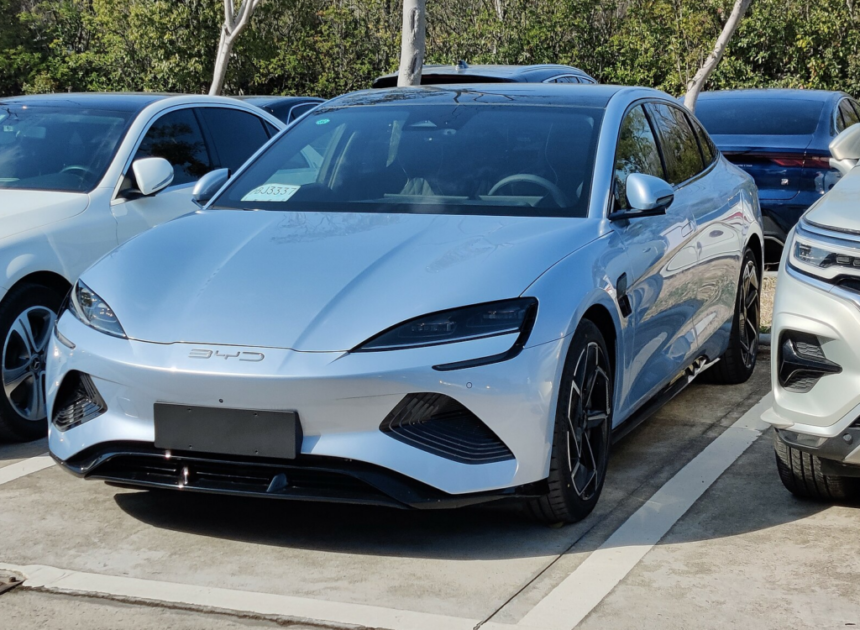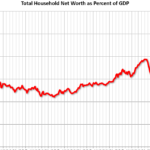Bloomberg There’s an article on electric vehicles that explains some of the advantages of a carbon tax over regulation.
A new breed of EV can travel 700 miles on a single charge (just fill it with gas).
It runs on battery power 95% of the time, but can be charged using the petrol engine for longer distances, reducing range anxiety.
EV sales growth has slowed in recent months, in part due to consumers’ concerns about finding places to charge their cars. This new type of EV would greatly alleviate that problem. Currently, these cars are sold in China but not in the U.S.
President Joe Biden makes it unlikely that American car buyers will see anything like it on American roads anytime soon. 100% tariffs on Chinese cars Former President Donald Trump has threatened even tougher protectionist measures to keep out Chinese-made EVs, so it will be up to U.S. automakers and their regulators to pave the way for American consumers to have access to technology that could bring about a transition to an electric vehicle future.
What about producing this kind of car in the U.S.? Here’s one problem.
Because EREVs use gasoline engines to extend their range, they are considered hybrids, and the Sierra Club says they no longer view it as a green technology. “EREVs could be a harmful obstacle and sap momentum from the important transition to zero-emission vehicles,” the Sierra Club said. Catherine GarciaDirector of Clean Transportation at the Sierra Club.
It’s unclear how U.S. regulators will classify EREVs, but if manufactured in North America, they are unlikely to be lumped together with pure EVs that would qualify for government incentives aimed at boosting sales. Tax credit of up to $7,500.
“The big decision for us as an industry and for regulators is: ‘Is it an EV or not?'” Farley said of EREVs at the Bernstein Strategic Decisions Conference in New York in late May. “Customers are voting. They prefer this middle-of-the-road solution. We still have a lot of work to do because the regulators aren’t there yet.”
Is it better for the environment to sell a few cars that are 100% zero-emissions or a lot of cars that are 95% zero-emissions?
Governments are generally not very good at making these calculations, so “command and control” regulation is often relatively inefficient. By contrast, a carbon tax encourages consumers to make the decisions that are best for the economy. Including external costs of emissionsA carbon tax, if implemented properly, could also make the entire tax system more efficient by reducing other, more distortionary taxes. Cynics would correctly point out that other taxes are unlikely to be reduced by the same amount. But unless government spending is reduced, other taxes would need to be increased significantly, and a carbon tax could dwarf those increases. So the point still applies.
This reminds me of the debate over safer versions of cigarettes: remember when regulators were reluctant to approve them? Tobacco alternatives It was much safer than regular cigarettes because it wasn’t 100% safe. As the old saying goes, “Don’t sacrifice the good for the perfect.”







